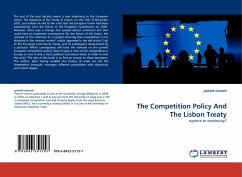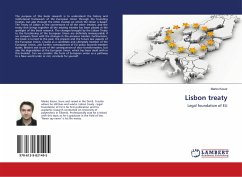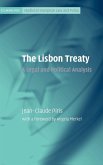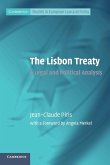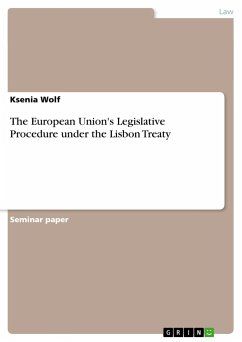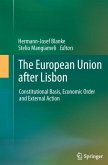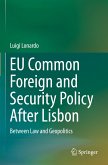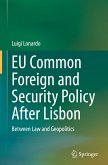The end of the past decade meant a new beginning to the European Union. The signature of the Treaty of Lisbon, on the 13th of December 2007, put indeed an end to the crisis that the European Union had been experiencing since the failure of the European Constitution on 2006. However, there was a change that passed almost unnoticed but that could have an important consequence for the future of the Union: the removal of the reference to "a system ensuring that competition is not distorted in the internal market", which appeared in the old article 3 (g) of the European Community Treaty, and its subsequent replacement by a protocol. Which consequence will have this removal on the current European competition policy? Does it open a new era for competition in Europe or was it only a mere political concession made in order to end the crisis? The aim of this book is to find an answer to these questions. The author, after having recalled the history of what we call the competition principle, envisages different possibilities with objectivity and critical regard.
Bitte wählen Sie Ihr Anliegen aus.
Rechnungen
Retourenschein anfordern
Bestellstatus
Storno

